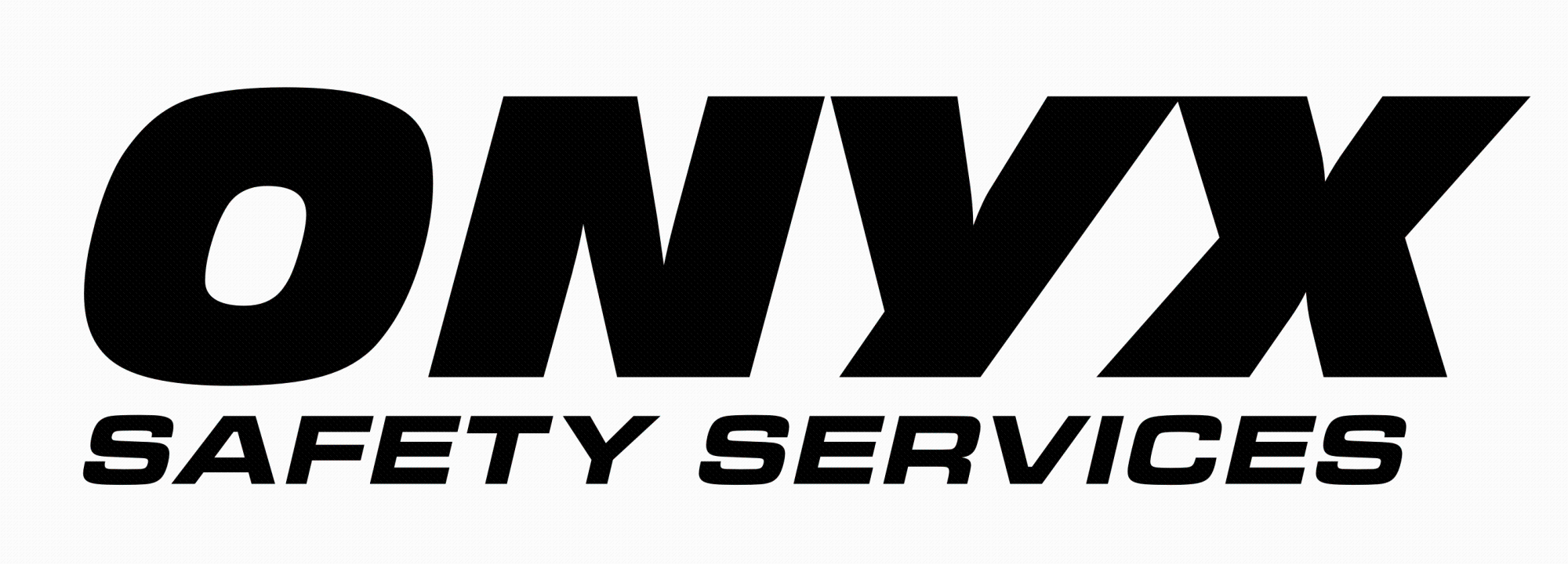Welcome to Onyx Engineering, Inc.
Audit Assessments
How can you improve, if you are not sure how you are doing? Audits identify a project's strengths and weaknesses.
Six elements will make the field audit program successful:
1. Participation is vital. Anyone who supervises or directs employees should conduct audits appropriate for their area of responsibility. When leaders support the audit program with their participation, they instill a sense of urgency in the program, and their presence should drive corrective action.
2. You have to audit frequently. Participants should perform short audits every week. There is more value in frequent short audits than long drawn-out-audits. People know if you look for risk on a regular basis, this prompts them to be prepared.
3. Participants have to develop confidence with their audits. Leaders drive the success of the audit program with their confidence in their ability to identify and correct safety observations.
4. Use constant standards to audit. What if oversight agencies did not use audit standards and they had the authority to make up rules as they go from site to site? As the one being audited, you would never know how to prepare. Give people an opportunity to succeed.
5. Follow through with corrective actions. Document all observations and monitor corrective action. Also, keep in mind, true corrective action eliminates the hazard long-term.
6. Hold leaders accountable! If you expect a certain standard, do not let people perform less than the standard without consequences. Record, track, and eliminate, repeat observations.
Site Self-Assessment
A comprehensive Site Self-Assessment verifies compliance with the Onyx Corporate HSE Management System as well as applicable site-specific HSE requirements. Each site should conduct an assessment using a team approach, with the HSE representative, supervisor, and a craft employee. Results of the site self-assessment should be communicated to the management team and used as an integral part of the continuous improvement process.
Weekly HSE Assessments
Each site should develop a weekly inspection/assessment schedule. The schedule designates individuals performing the inspection/assessment and the area/process to be assessed. The entire Project Management team, including the foreman, general foreman, superintendent, construction manager, project manager, and appropriate field support staff, should participate in weekly assessments.
Inspectors should use a standardized format to ensure a consistent approach from week to week. Results of the assessments should be make available to employees via toolbox meetings, together with results of remedial actions taken.

